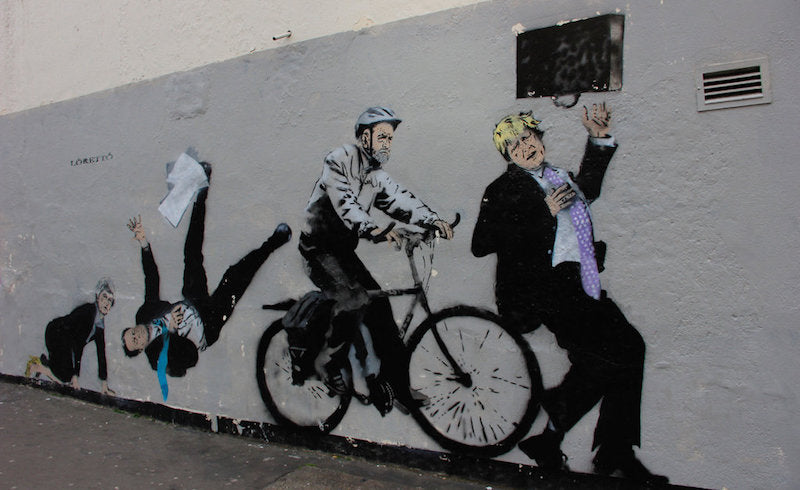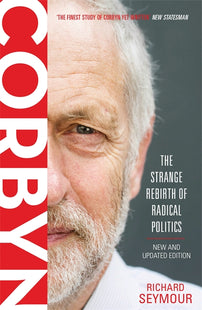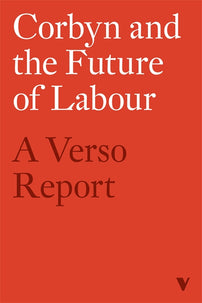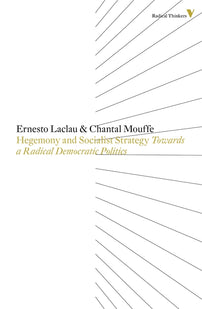Jeremy Corbyn's Left Populism
Chantal Mouffe argues that Jeremy Corbyn represents the success of left populism.

First published in Le Monde. Translated by David Broder.
We have received yet further confirmation of the crisis of European social democracy. After the failures of PASOK in Greece, the PvdA in the Netherlands, the PSOE in Spain, the SPÖ in Austria, the SPD in Germany, and the PS in France, Italy’s PD has just scored the worst result in its history. The only exception to this disastrous landscape comes from Great Britain, where under Jeremy Corbyn’s leadership the Labour Party is on the rise. With its almost 600,000 members, the Labour Party is today the biggest party of the Left in Europe.
But how did Corbyn, whose election to the party leadership in 2015 surprised almost everyone, pull this off?
After an attempt by the right wing of the party to overthrow him in 2016, the decisive moment in consolidating his leadership was the Labour Party’s strong progress at the June 2017 general elections. While the opinion polls had initially given the Conservatives a twenty-point lead, the Labour Party gained 32 seats and cost the Tories their absolute majority. The strategy put in place for these elections was the key to Corbyn’s success.
His breakthrough owed to two main factors.
A Radical Manifesto
First of all was his radical manifesto, in step with the rejection of austerity and neoliberal policies by large sections of British society. Then there was the powerful mobilization organized by Momentum, the movement created to support Corbyn’s candidacy in 2015.
Drawing inspiration from Bernie Sanders’ methods in the USA as well as the new radical formations in Europe, Momentum made use of various online resources in order to establish vast webs of communication that allowed activists as well as large numbers of volunteers to keep informed about the constituencies where they needed to go canvassing. It was this unexpected mobilization that defied all the predictions.
But all this was possible thanks to the enthusiasm driven by the content of Corbyn’s Labour manifesto. Its title "For the many, not the few" adopted a slogan that the party had already used before, but it was given a new meaning, establishing a political frontier between an "Us" and a "Them." This meant repoliticising public debate and offering an alternative to the neoliberalism introduced by Margaret Thatcher and pursued under Tony Blair.
The Renationalization of Public Services
The key measures in the manifesto were the renationalization of public services like the railways, energy, water, and the post office, an end to the privatization of the NHS and education system, the abolition of university tuition fees, and a significant increase in welfare spending. All this signaled a clear break with New Labour and its Third Way.
While this latter replaced the fight for equality with "freedom of choice," the Labour manifesto reasserted the party’s credentials as the party of equality. The other key point was its emphasis on democratic control, as it stressed the democratic nature of the measures that it proposed to create a more equal society.
The manifesto did call for state intervention, but the role of this intervention is to create the conditions that will allow citizens themselves to take charge of managing public services. This emphasis on the need for deeper democracy is one of the main characteristics of Corbyn’s project.
"Left-Populism"
This particularly resonates with the spirit that inspires Momentum, which advocates building close links with the social movements. This explains the central role accorded to the fight against all forms of domination and discrimination, from economic relations to other domains like feminist, anti-racist, and LGBT struggles.
The articulation of these latter with other struggles concerning other forms of domination is at the heart of Corbyn’s strategy. Indeed, that is why it can be characterized as a "Left-populism." The objective is to establish a synergy between the different democratic struggles running through British society and to transform the Labour Party into a great popular movement capable of building a new hegemony.
Clearly, the realisation of such a project would mark a turning point just as radical — though in the opposite direction — as the one taken with Margaret Thatcher. Of course, the fight to reshape Labour is not yet won, and the internal struggle with the Blairites continues apace. Corbyn’s opponents have tried various maneouvres in order to discredit him, the most recent of which has consisted of accusing him of tolerating anti-semitism within party ranks.
Trade Union Support
There are also tensions between those who uphold a more traditional conception of Labourism and the partisans of the "new politics." But this latter is winning out, and the relations of force are playing in its favour. Corbyn’s great advantage as compared to other movements like Podemos and France Insoumise is that he stands at the head of a great party and enjoys the support of the trade unions.
Under his leadership, Labour has managed to give those who had abandoned politics under Blair a taste for it again, and to attract ever greater numbers of young people. This shows that contrary to what many political scientists claim, the party form has not in fact become obsolete, and that parties can renew themselves by building links with social movements. The widespread disaffection among social-democratic voters instead owes to these parties’ conversion to neoliberalism.
When we offer citizens the prospect of an alternative, and they have the possibility of participating in a genuine agonistic debate, they will hurry to make their voices heard. But that demands that we abandon any technocratic conception of politics that reduces it to a matter of administering technical questions, and instead recognize its partisan character.
[book-strip index="1" style="display"]




